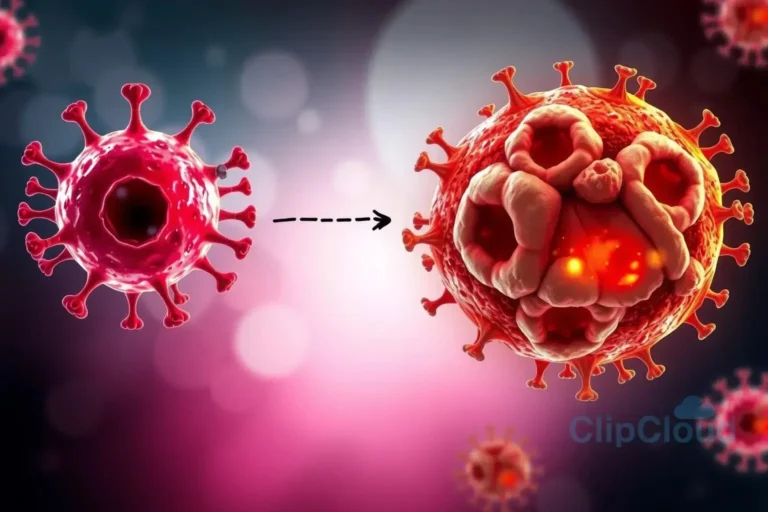The Impact of Aging on Metabolism
Loss of Muscle Mass
Muscle tissue is metabolically active, meaning it burns calories even at rest․ As we age, we naturally lose muscle mass, a process known as sarcopenia․ This decline begins around age 30 and can accelerate with inactivity․ Less muscle means a lower resting metabolic rate, making it easier to gain weight and harder to lose it․ Strength training exercises are crucial for preserving and even building muscle, helping to counteract this age-related metabolic slowdown․
Hormonal Changes
Hormonal fluctuations can significantly impact your metabolism, often leading to a noticeable slowdown․ Several key hormones play a crucial role in regulating metabolic processes, and imbalances can disrupt the delicate balance of energy expenditure․ Here’s a closer look at some hormonal influences:
Thyroid Hormones:
The thyroid gland produces hormones that regulate metabolism throughout the body․ Hypothyroidism, a condition characterized by an underactive thyroid, can lead to a significant decrease in metabolic rate․ Symptoms like fatigue, weight gain, and difficulty losing weight can be indicative of a thyroid issue, and consulting a doctor for proper diagnosis and treatment is essential․
Growth Hormone:
Growth hormone plays a vital role in building and maintaining muscle mass, as well as regulating fat metabolism․ As we age, growth hormone levels naturally decline, contributing to a decrease in muscle mass and an increase in body fat․ This hormonal shift can further slow down metabolism․
Insulin:
Insulin is a hormone that helps regulate blood sugar levels․ Insulin resistance, a condition where the body’s cells become less responsive to insulin, can lead to a buildup of glucose in the bloodstream and increased fat storage․ This can also contribute to a slower metabolism and make weight management more challenging․ Lifestyle factors like diet and exercise can significantly impact insulin sensitivity․
Sex Hormones:
Estrogen and testosterone also play a role in metabolic regulation․ During menopause, declining estrogen levels can lead to changes in body composition, including increased fat storage and decreased muscle mass, impacting metabolism․ Similarly, in men, lower testosterone levels can contribute to a decrease in muscle mass and a slower metabolism․ Maintaining a healthy lifestyle can help mitigate these effects․
Addressing hormonal imbalances is crucial for optimizing metabolic function․ Consulting with a healthcare professional is recommended to assess hormone levels and discuss appropriate management strategies․
Inadequate Sleep
Chronic sleep deprivation can significantly disrupt your metabolism and contribute to weight gain․ When you consistently shortchange yourself on sleep, several metabolic processes are affected, making it harder to maintain a healthy weight․ Here’s a closer look at the impact of inadequate sleep:
Hormonal Disruptions:
Lack of sleep disrupts the balance of key hormones that regulate appetite and metabolism․ Levels of ghrelin, the hormone that stimulates appetite, increase, while levels of leptin, the hormone that signals fullness, decrease․ This hormonal imbalance can lead to increased cravings, particularly for high-calorie, sugary foods, making it harder to control your intake․
Insulin Resistance:
Insufficient sleep can also contribute to insulin resistance, a condition where your body’s cells become less responsive to insulin․ This can lead to elevated blood sugar levels and increased fat storage, further hindering metabolic function․ Improving sleep quality can help improve insulin sensitivity and support healthy blood sugar regulation․
Reduced Energy Expenditure:
When you’re sleep-deprived, you’re less likely to be physically active․ This decrease in physical activity directly reduces your daily energy expenditure, contributing to a slower metabolism․ Furthermore, fatigue can make even simple tasks feel more strenuous, making it harder to incorporate exercise into your routine․
Increased Stress and Cortisol:
Sleep deprivation also increases cortisol levels, the stress hormone․ Elevated cortisol levels can promote fat storage, particularly around the abdominal area, and further slow down metabolism․ Managing stress and prioritizing sleep can help regulate cortisol levels and support healthy metabolic function․
Impaired Glucose Metabolism:
Studies have shown that inadequate sleep can impair glucose metabolism, making it harder for your body to process carbohydrates efficiently․ This can lead to higher blood sugar levels and contribute to weight gain․ Prioritizing sufficient sleep can help improve glucose metabolism and support overall metabolic health․
Prioritizing adequate sleep is essential for maintaining a healthy metabolism․ Aim for 7-9 hours of quality sleep each night to support optimal metabolic function and overall well-being․
Impact on Weight Management
A slower metabolism can make weight management significantly more challenging․ When your metabolic rate declines, your body burns fewer calories at rest and during activity․ This can lead to a gradual accumulation of excess weight over time, even if your eating habits haven’t drastically changed․ Understanding the impact of a slow metabolism on weight management is crucial for developing effective strategies․
Difficulty Losing Weight:
With a slower metabolism, creating a calorie deficit, which is essential for weight loss, becomes more difficult․ You may need to reduce your calorie intake more significantly or increase your physical activity levels to achieve the same weight loss results as someone with a faster metabolism․ This can require greater dietary discipline and commitment to exercise․
Increased Risk of Weight Gain:
Even small increases in calorie intake can lead to weight gain when your metabolism is slow․ This is because your body isn’t burning calories as efficiently, so excess calories are more likely to be stored as fat․ Being mindful of portion sizes and making healthy food choices are crucial for managing weight with a slower metabolism․
Plateaus in Weight Loss:
It’s common to experience weight loss plateaus when your metabolism slows down․ As you lose weight, your metabolic rate naturally decreases, making it harder to continue shedding pounds․ Adjusting your calorie intake or exercise routine can help overcome these plateaus and continue making progress․
Impact on Body Composition:
A slower metabolism can also affect body composition, leading to a decrease in muscle mass and an increase in body fat․ This shift in body composition can further slow down metabolism, creating a cycle that makes it increasingly difficult to manage weight․ Incorporating strength training exercises is essential for preserving muscle mass and boosting metabolism․
Importance of Lifestyle Changes:
Managing weight with a slower metabolism often requires adopting long-term lifestyle changes․ Regular exercise, a balanced diet, adequate sleep, and stress management are all crucial for supporting metabolic health and achieving sustainable weight management․ Making gradual, sustainable changes is more effective than resorting to quick fixes or fad diets․
Addressing the underlying causes of a slow metabolism and adopting healthy lifestyle habits can help improve metabolic function and support successful weight management․






